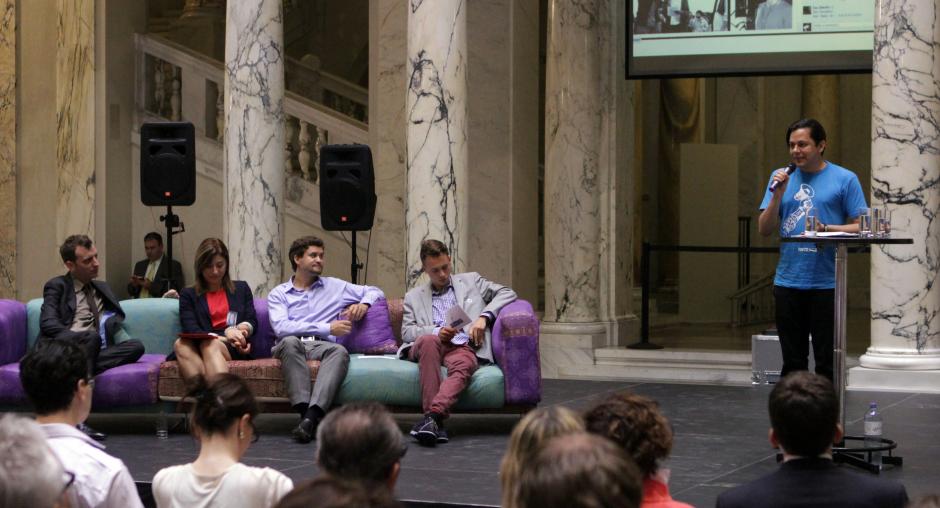Networks

Researchers, academics, analysts and students
Researchers, academics, analysts and students working on security issues can connect with the OSCE in a variety of ways. Since 1998, the Organization runs a researcher-in-residence programme in Prague, hosting hundreds of graduate and post-graduate research projects. A wealth of information on the OSCE and other security-related topics collected since 1973 can also be found in the OSCE Documentation Centre in Prague.
The OSCE facilitates visits for University students. Teachers and University staff can contact the OSCE directly to coordinate potential visits.
OSCE Security Days, a regular event series that brings fresh thinking and innovative solutions to OSCE policy-making, are mostly open to the public upon mandatory registration.
The OSCE Network of Think Tanks and Academic Institutions
The OSCE Network of Think Tanks and Academic Institutions is an autonomous group of research institutions that provides expertise, stimulates debate and raises awareness of the OSCE. Founded during the OSCE Security Days on 18 June 2013, membership in the network is open to interested institutions from throughout the OSCE area.
Academia and the OSCE - New Mediterranean
The New-Med Track II Network unites experts inspired by a common commitment to peace and security in the Mediterranean region and an interest in how the OSCE can move Mediterranean co-operation forward.
Civil society networks
A number of autonomous civil society networks in various OSCE participating States are dedicated to following and promoting the work of the OSCE. See for example the OSCE Network in Sweden.
Panel of Eminent Persons on European Security
The Panel of Eminent Persons on European Security was tasked to prepare the basis for an inclusive and constructive security dialogue across the Euro-Atlantic and Eurasian regions, reflect on how to re-build trust among OSCE participating States, and examine perceived threats in the OSCE area as well as potential common solutions. In this context, the Panel produced two reports: an interim report on lessons learned for the OSCE from its engagement in Ukraine and a final report on the broader issues of security in Europe.
